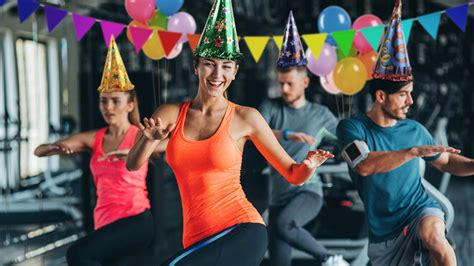Are the holidays mostly cheer, celebration and joy for you? Or do you, like many, feel pressure to perform a certain way—and feel guilty if you don’t?
For me, the pressure I felt stopped after my second son was born. Making the decision to not travel to spend Christmas with family on the actual holiday was difficult, but necessary. The compromise: If grandparents couldn’t travel to us on the holiday, we still made a date to all get together on another day to celebrate.
Over the years, I ditched a few more customs, too, along with the guilt that tended to come with not following what was expected of me. I did, however, keep a few traditions that I love, and now I’m able to use the holidays as a time to reconnect with my loved ones and recharge myself. I lost the stress of the pressure to perform, and I gained peace of mind and a renewed passion for the holidays.
What Do You Want Your Holidays to Look and Feel Like?
Before you can get what you want, you need to know exactly what that is—or at least have a good idea of it.
Ask yourself: If I could create the holidays just the way I’d like them to be, what would that look like?
Take a few minutes to close your eyes and envision your ideal holiday season. Really lean into it and use all your senses. What does it feel like? What emotions come up? What’s important to you? Once you have a good vision of it, write out a description or draw a picture of it.
Why Is It Important for You to Change the Way Your Holidays are Done?
Getting to your “why” helps give the changes you’re making more meaning and aligns your values with your behavior. If you start feeling pressure to perform, remembering your why helps you realign and stay on track with your vision.
Ask yourself: Why do I want to make these changes to my holidays?
Then go deeper. To your initial “why,” ask yourself: Why is this important to me?
Continue to ask yourself this question until you get to the deeper root of your “why.”
For example, let’s say you no longer want to host the annual ugly sweater party at your house. Here are the questions you might ask to get to the real reason behind your feelings:
Why do you no longer want to host the party? Because it’s expensive and it stresses me out.
Why does that matter? There are so many extra expenses during the holidays. Hosting the party makes it difficult to pay my normal bills, which just adds to the stress.
Why is that important to you? The holidays are already stressful enough. I want to show up for my family in a good mood and spread holiday cheer, not jeers.
Why is that important to you? I grew up in a family where the holidays were nothing but stressful. That’s what I remember—the bickering and being dragged from one party to the next. I want my kids to have happy holiday memories.
Why is that important to you? I know I can’t control what my kids choose as adults, but while they’re still kids, I want to encourage certain values. Having a more peaceful, meaningful holiday season where we reconnect and recharge is an important part of the legacy I’d like to pass down to them.
See how this “why” went deeper? The reasons began about money and ended up really being about leaving a legacy.
What About the Holidays Stresses Me Out the Most?
Another change tool to try is to ask yourself: What exactly stresses me out about the holidays?
This can help you pinpoint the real stressors. You then have choices: change your perspective of this stressor, change your reaction to it or take action to change it.
For example, maybe trying to get your annual holiday cards ready to send out is stressful. Is it imperative that you send them this year? Would sending them digitally be easier? What if you waited and sent them at New Year’s or for Valentine’s Day as something different?
There are always options.


